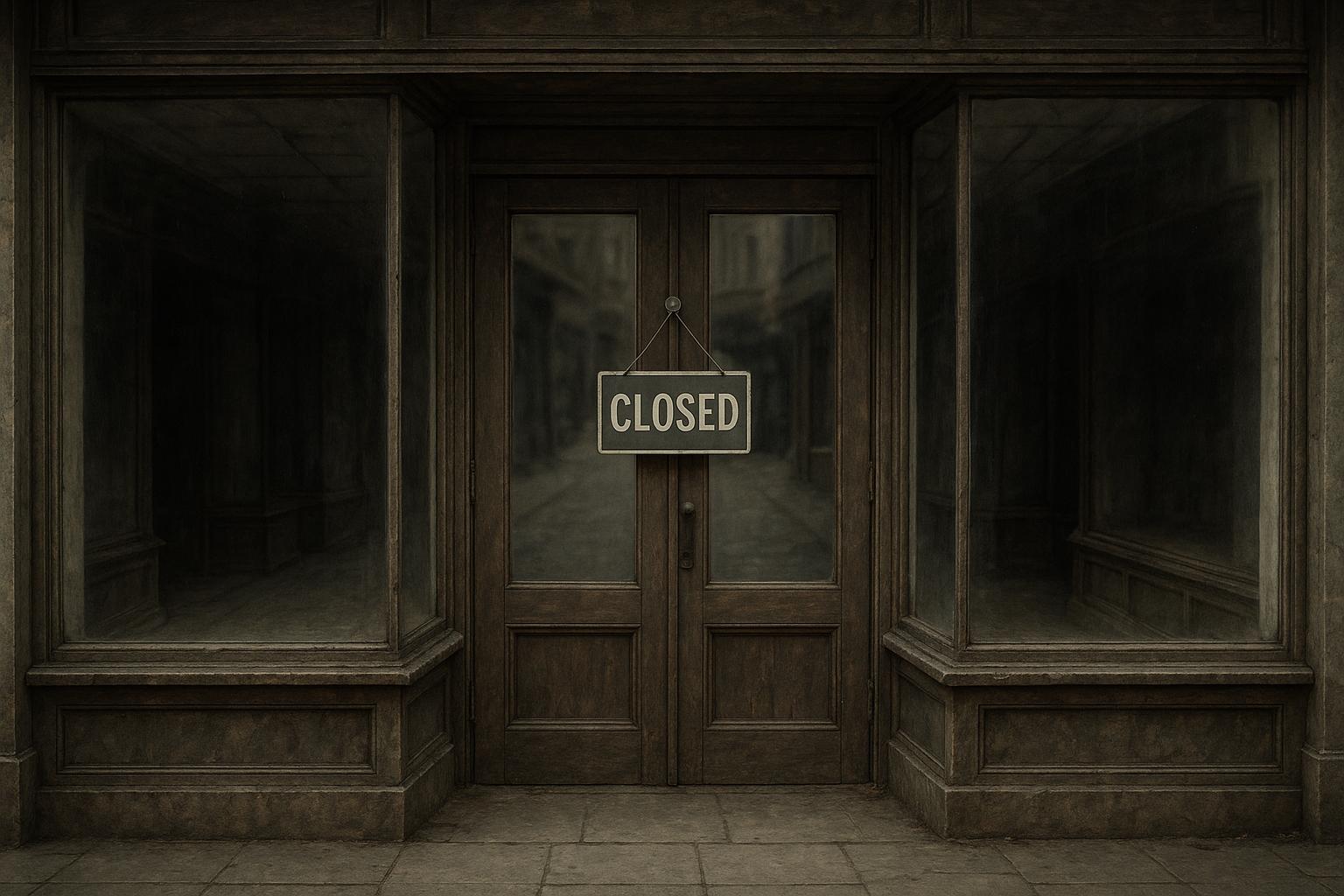The British Retail Consortium (BRC) has issued a stark warning that around 400 large UK retail stores, including supermarkets and department stores, face the risk of closure due to the Government’s proposed hike in business rates. This new levy targets commercial properties with a rateable value above £500,000 and aims to fund a permanent discount for smaller retail and hospitality businesses. However, the BRC cautions that the introduction of this surcharge could have severe repercussions for the high street economy and jobs.
Retail operates with traditionally narrow profit margins, typically between 2% and 4% for food retail. The BRC emphasises that these large stores, numbering about 4,000 in total, already grapple with significant financial pressures ranging from soaring employment costs to various taxes, including recent increases and regulations like the packaging tax. Industry data shows that retail accounts for 5% of the UK economy but pays over 20% of all business rates, with large-format stores shouldering around a third of this burden. A substantial rise in business rates for these stores could thus compel retailers to raise prices, reduce staff, or shutter outlets entirely.
The consequences of such closures would be far-reaching. If all 400 at-risk stores close, it could result in the loss of up to 100,000 jobs and deprive local councils of more than £100 million in annual business rates revenue. These stores function as economic anchors, employing roughly one-third of the retail sector’s workforce of three million people. Beyond direct employment, they attract significant footfall that supports surrounding smaller businesses, including cafes, pubs, and independent retailers, thereby underpinning the broader vitality of retail and leisure districts.
Retail leaders, including those from major chains such as B&Q, Lidl, and John Lewis, have lobbied Chancellor Rachel Reeves to exclude retailers from the proposed higher business rates band ahead of the Chancellor’s anticipated announcement in the November 26 Budget. The BRC argues that a better-balanced approach could be achieved without shifting the additional tax burden onto large retailers, for example by slightly raising rates on other large commercial properties where the impact on jobs and prices would be less severe.
The proposed changes come amid expectations of further tax hikes or spending reductions exceeding £20 billion in the government’s forthcoming fiscal plans. Retailers warn that the combination of rising costs and higher taxation is already increasing retail sector expenses by around £7 billion annually. This situation places the industry under intense strain, threatening the sustainability of not just large stores but the health of the entire high street ecosystem.
The BRC’s call underscores the delicate balance policymakers must strike between supporting smaller businesses through targeted tax relief and safeguarding the larger retailers that form the backbone of many town centres. Without careful calibration, the risk is that the well-meaning objective of helping small enterprises may inadvertently trigger widespread retail closures, job losses, and a decline in high street vibrancy.
📌 Reference Map:
- Paragraph 1 – [1], [2], [3], [4], [5]
- Paragraph 2 – [2], [3], [5]
- Paragraph 3 – [2], [3], [4], [5]
- Paragraph 4 – [2], [3], [4]
- Paragraph 5 – [2], [3], [4], [5]
- Paragraph 6 – [2], [3], [5]
Source: Noah Wire Services
